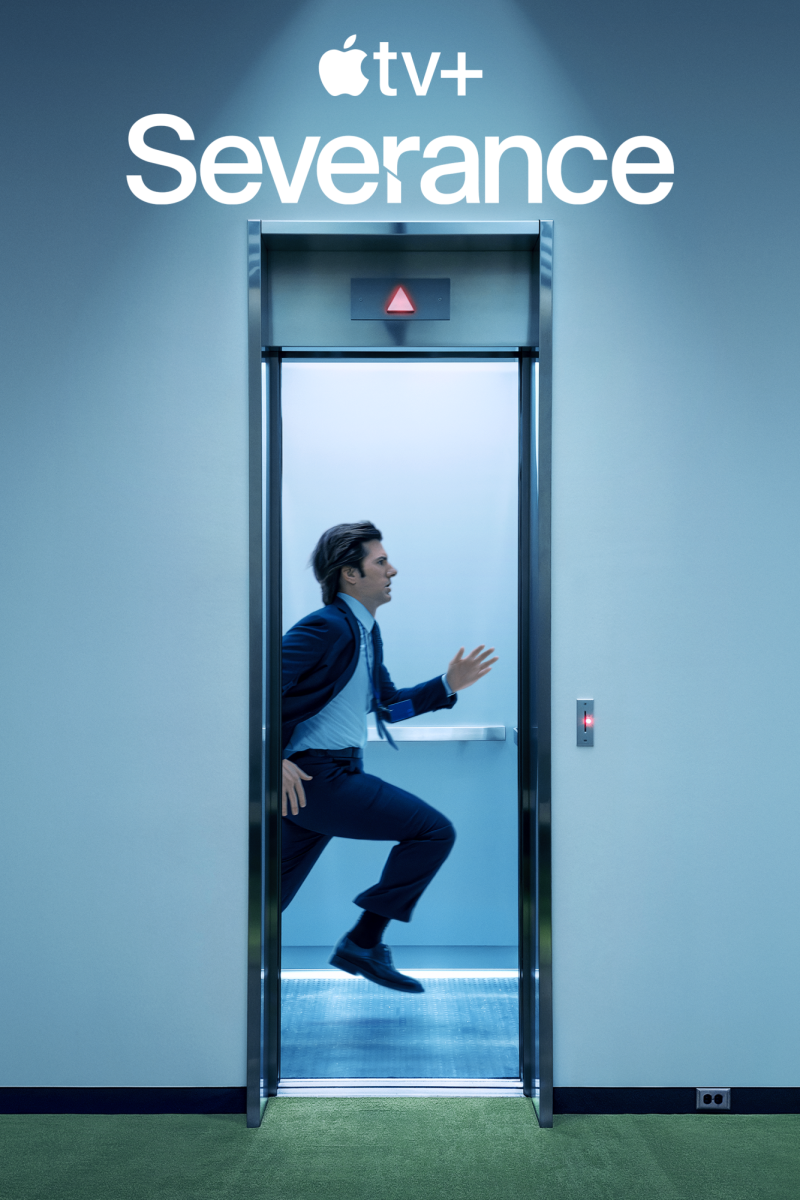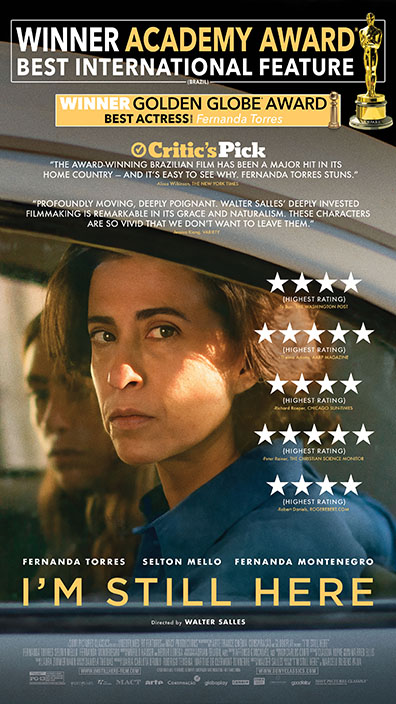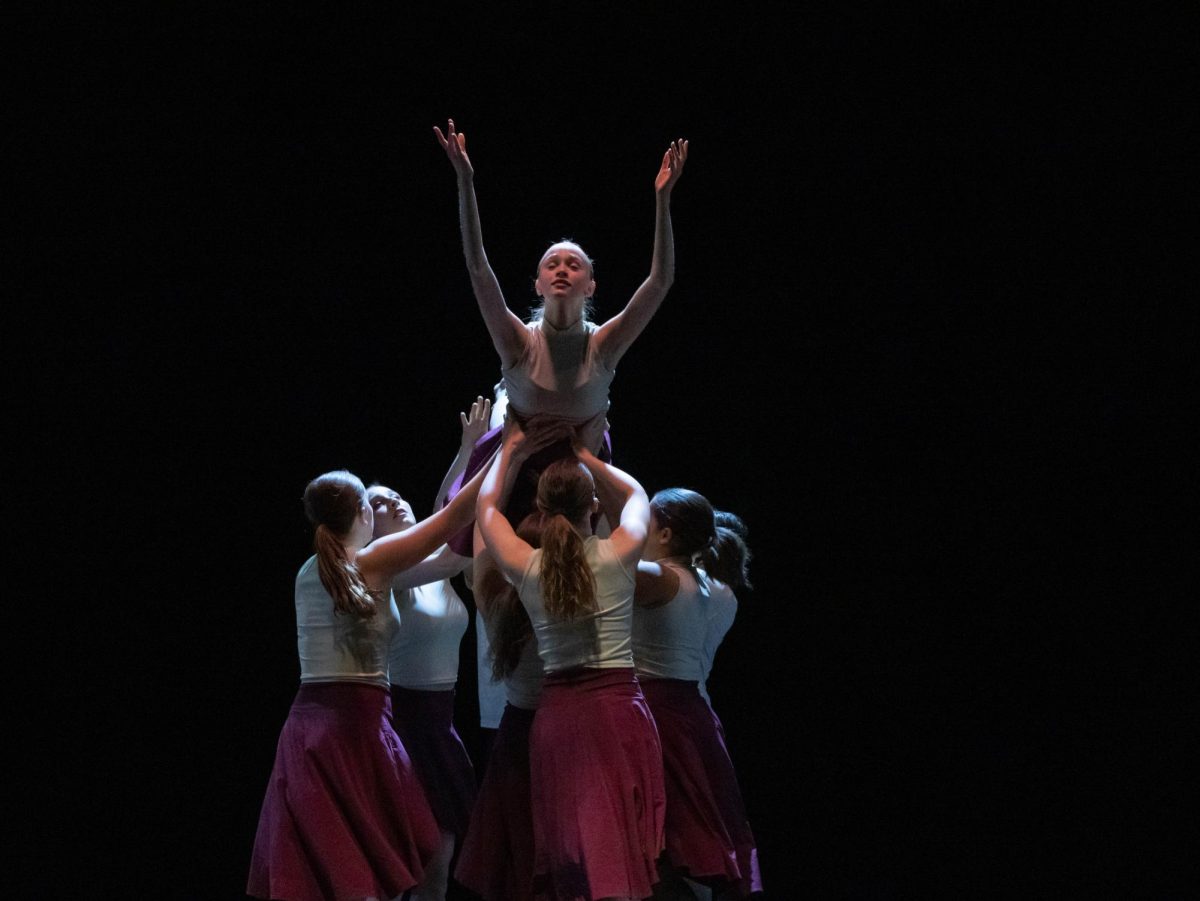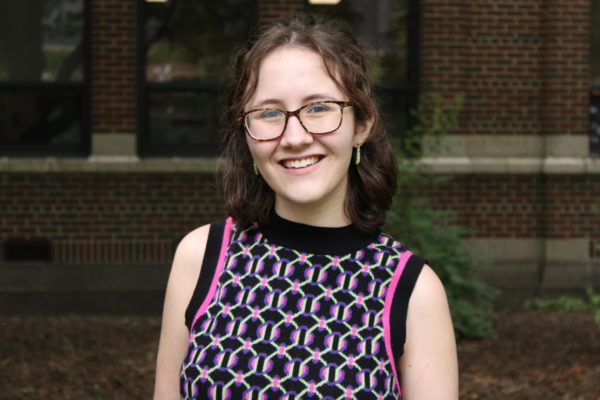On October 3rd, fans of the webcomic and TV show “Heartstopper” ran to open up their Netflix accounts to watch the newly released third season. What they found, while keeping the light hearted and warm aesthetic of the previous seasons, delved into the darker side of being a queer teenager in today’s society.
One of the main focuses of this season was Charlie’s (Joe Locke) struggles with his mental health. His struggle has been growing over the course of the show, but it all comes to a head this season when Charlie is admitted to an eating disorder treatment program and is diagnosed with OCD and anorexia.
Tesina Mato, a sophomore at ETHS, felt represented by Charlie’s struggles in the show.
“I myself have OCD, so when the show started and Charlie started showing these signs of OCD, I was like, ‘Oh, I can kind of relate to this,’” Mato commented. “Then when they showed that he did have OCD, and then he went to therapy and he was seeking help with his mental health, I was like, ‘These are all things that I can definitely relate to.’”
Not everyone agrees with that assessment. Ethan Arnold, a senior at ETHS, said, “I think it does better than other shows in a lot of regards because it talks about how mental illness affects both yourself and other people, but I think there are certain aspects where it doesn’t necessarily feel that realistic. Just having been through some mental health struggles and similar experiences to Charlie, I don’t really see myself.”
I tend to agree more with Arnold. As someone who has an anxiety disorder and has been diagnosed with severe depression in the past, watching “Heartstopper” often feels like how I wish my experiences could have been.
One character in particular that I was really drawn to this season was Isaac (Tobie Donovan). He felt very real and very relatable. Mato agreed.
“He’s just watching all his friends get to this really euphoric moment of their romantic relationships, and he gets really left out,” expressed Mato. “I thought in some moments he could have dealt with it a little bit better, but he’s also a hurting teenager, so I do like the way that they kept the realistic aspect of that.”
Arnold also agreed that Isaac’s arc felt very realistic, but from the perspective of Charlie. Specifically the scene where Isaac confronts Charlie about pushing away his friends. “That was actually one of the scenes that resonated with me the most in the season because of the tenseness and how uncomfortable it was.” He added, “From someone who resonates a lot with Charlie, seeing that conversation play out is very reminiscent of conversations that I’ve had with my friends.”
This season also took time to explore aspects of queer identity that “Heartstopper” hadn’t delved into before. For instance, Elle’s trans identity.
“I liked Elle’s arc in general this season, with her kind of coming to terms with what dysphoria means to her when she’s in a relationship, because we didn’t really get that in the other seasons,” Arnold said.
In the end, I really enjoyed season three of “Heartstopper.” While it’ll never go down in history as one of the best TV shows of all time, it is exactly what it promises to be: a fun, exploratory queer romance for teenagers.
At its heart, I believe that “Heartstopper” is a fantasy for how our world could be. The characters still struggle, and deeply so, but their problems always work out in the best way possible. It’s a good thing! The show portrays an ideal; something to hope for and fight for.







